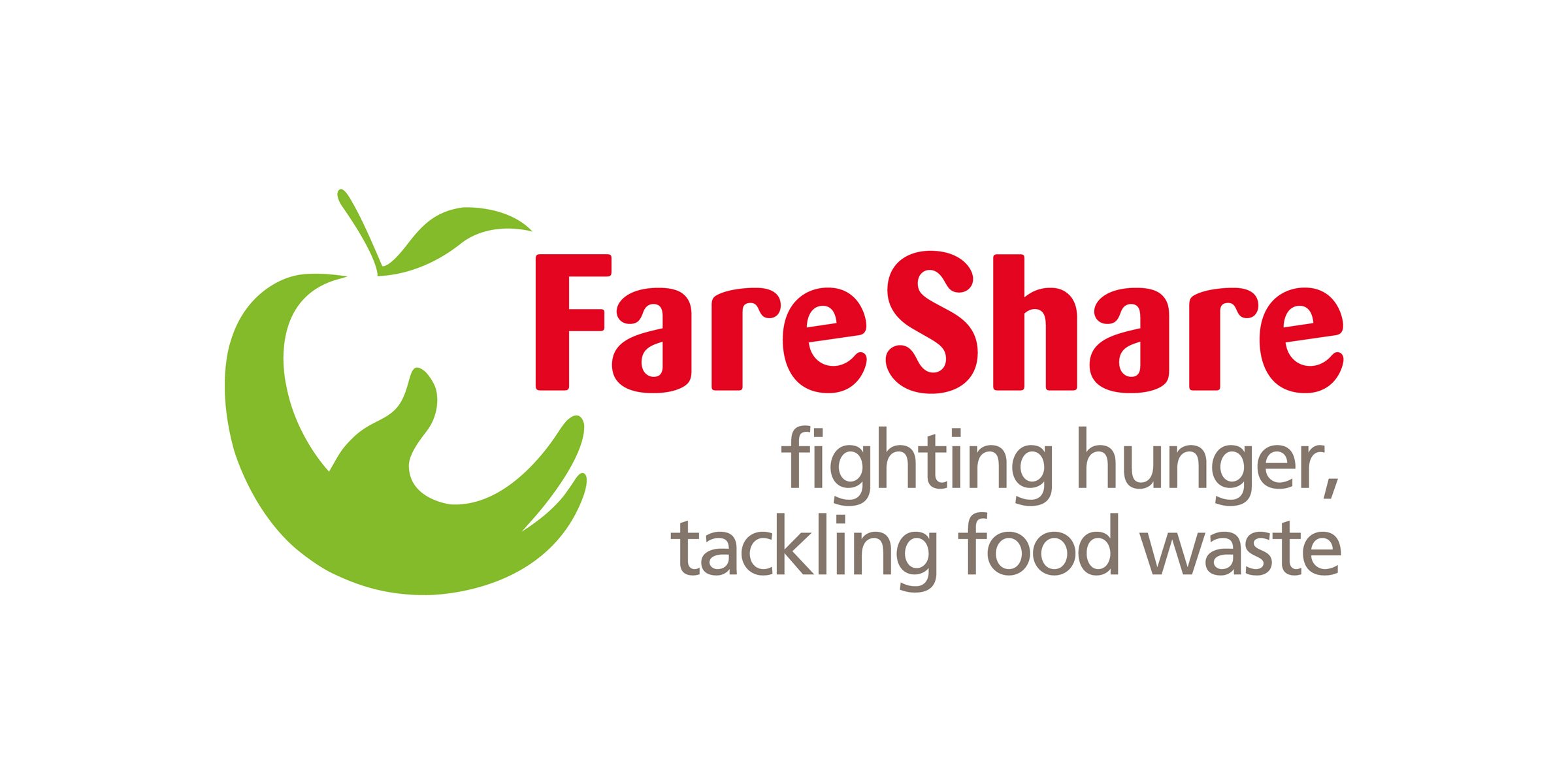Food insecurity is on the rise.
Today, more than 800 million people around the world suffer from hunger—an increase of about 150 million since 2019. Yet, the food we waste every year is enough to feed two billion people. Food waste also has staggering secondary impacts on the environment, increasing both water consumption and greenhouse-gas emissions.
To do their part in the war on waste, support sustainability efforts, and keep good, usable food out of landfills, Rich Products U.K. is introducing a new initiative. The Seconds Project will ensure that food products that don’t meet specific requirements but are still tasty and safe for consumption will be made available at a discount. The company will also be selling delisted items and ingredients at reduced prices to ensure they find a home and don’t go to waste.


But the work to end waste doesn’t stop there. Any products not sold in-store will be donated to FareShare, the U.K.’s national network of charitable food redistributors. Made up of 18 independent organizations, FareShare has helped support nearly 10,000 frontline charities and community groups by redistributing healthful, nutritious food that would otherwise go to waste. Through their efforts, the network provides enough food to serve nearly one million meals a week, many of which go to vulnerable individuals.


Rich’s truly believes that everyone has a part to play when it comes to eliminating food waste. That’s why we’ve partnered with the 10x20x30 initiative to cut our food waste in half by 2030. As for what you can do to reduce food waste, the EPA recommends the following tips to help make a difference in your home:
- Plan out your shopping trips to buy only what you need.
- Ensure you know how to cook and store your food properly.
- Check the fridge for leftovers before you order takeout.
And while food waste remains a huge problem globally, it only takes a small step to become part of the solution and ensure a more inclusive and sustainable food system for future generations.
What would you
like to do next?
See our products
Get to know Rich’s
Learn About
Our Impact
Our Impact


